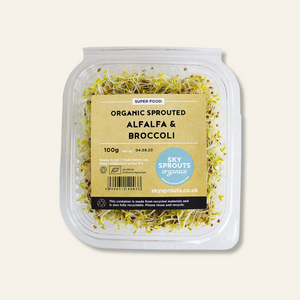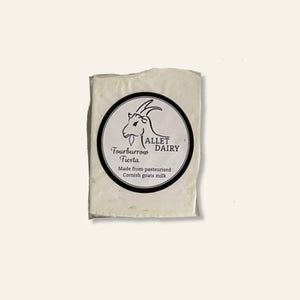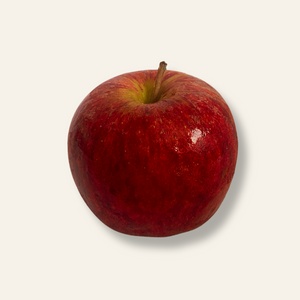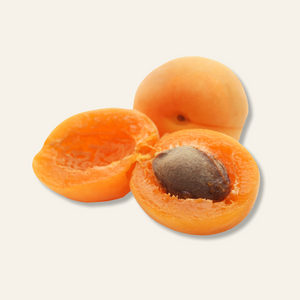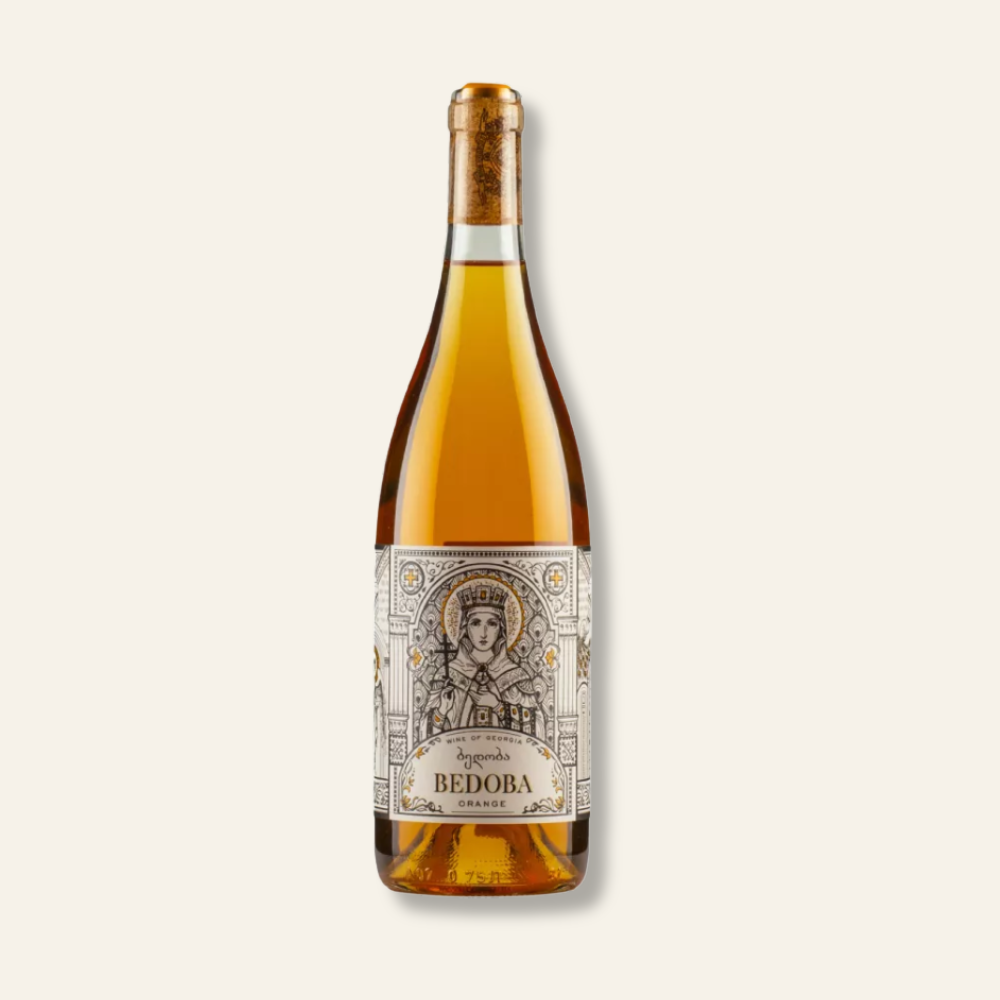
Bedoba Orange
Bedoba Orange,
Rkatsiteli, Kisi,
Kakheti
2022
PRODUCER
Bedoba, which translates to `Day of Luck’, is a Georgian winery primarily dedicated to making wines from the countries indigenous Saperavi grape, partially vinified in traditional qvevri vessels.
Bedoba’s Saperavi grapes hail from vines with an average age of 30 years old. These are planted in the renowned wine region of Kakheti (near the eastern border with Azerbaijan) in the Kvareli and Kindzmarauli appellations along the Duruji River valley. The soils here are rich in black shale and the southern slopes of the Caucasus Mountains provide elevations of over 400 metres, creating fresh acidity and soft tannins. Bedoba embraces sustainable and organic practices, alongside hand-harvesting and careful sorting of the dark-skinned, red-fleshed Saperavi grapes.
The original winery, whose cellars date back to 1737, was founded by the Konchosvilli family who had a close relationship with the church (`koncho` means cross). Winemakers Nugzar Ksovreli and Thierry Fontannaz honour this history on Bedoba’s label, with the icon of Saint Nina, whose apostolic work has contributed to the spread of Christianity in Georgia.
A small percentage of the grapes are whole bunch fermented, while another is left to dry naturally on the vines until November, ensuring a fine balance of the grape's savoury and spicy characteristics. Stainless steel tanks and clay qvevri are used for fermentation, exemplifying the blend of innovation and tradition employed by Ksovreli and Fontannaz. The resulting wine is then aged in second and third fill American oak barrels barrels and 5,000-litre wooden vats, before a further 12 months in bottle, to create a seamless texture.
Bedoba also produce an orange wine from 70% Rkatsiteli and 30% Kisi. The Rkatsiteli, grown on 25-year-old vines planted on blue slate soil, adds richness, while the Kisi, from cooler limestone vineyards, brings freshness to the final blend. Fermented in traditional qvevri and stainless steel, this is a textural, gastronomic wine brimming with notes of dried apricot, honey, orange peel, and wild herbs.
VINEYARDS
Bedoba Orange is made from 70% Rkatsiteli and 30% Kisi, which are Georgian grape varieties with unique characteristics. The Rkatsiteli comes from 25 year old vines grown on 8 metres of blue slate soil. This lends the grapes a very strong personality and concentration. The Kisi grapes come from younger vineyards, planted closer to the hill in a cooler microclimate on limestone soil.
VINTAGE
The 2022 vintage in Kakheti encountered significant challenges, including hail, frequent spring rains, and droughts since July. Despite these adverse weather conditions, the wines produced are of high quality.
VINIFICATION
The Rkatsiteli grapes were harvested at the end of October to ensure fully developed aromatics, while the Kisi grapes were picked earlier in the month to preserve their characteristic freshness. Both varieties were hand-harvested. In the cellar, whole bunches of Rkatsiteli were placed directly into qvevri amphoras. Fermentation took place using only indigenous yeasts, with regular punch-downs throughout. After fermentation, the qvevri were sealed, and the wine was left to mature until March of the following year, during which time malolactic fermentation occurred. In March, the wine was pressed and transferred to a new qvevri for aging, with approximately 10% moved to new oak barrels. The Kisi grapes were fully destemmed and fermented in stainless steel tanks at 16°C. Following alcoholic fermentation, the wine was filtered to prevent malolactic fermentation.
TASTING NOTES & TECHNICAL DETAILS
This wine shows flavours of dried apricot, honey, orange peel, and wild herbs. It has a captivating texture and complexity.
Alcohol (ABV) 13%
Acidity 6.4 g/l
Residual Sugar 2.9 g/l
pH 3.65
Pickup currently not available
10% off your first order
Subscribe to our emails and you'll get sent a code to use online.
Free delivery over £30
Delivered fresh across Cornwall, straight to your door
Subscribe & save
Get regular boxes and enjoy exclusive perks
Grown and made in Cornwall
From field to kitchen — everything starts local
